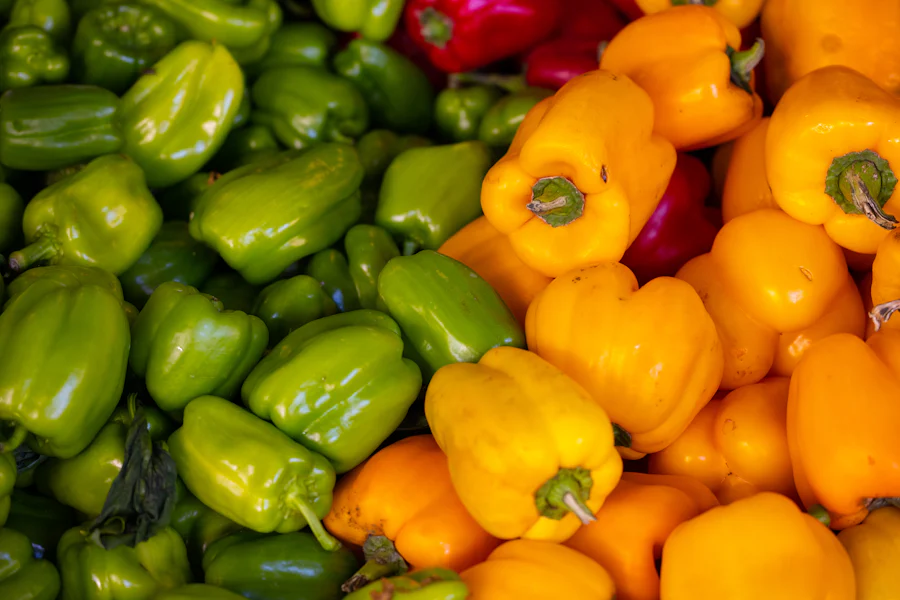As we age, maintaining bladder health becomes increasingly important for our overall well-being and quality of life. I’ve personally experienced how dietary choices can impact urinary health, and I’m excited to share evidence-based insights to help fellow seniors navigate this crucial aspect of nutrition.
The Impact of Diet on Bladder Health
Recent research has shown that our diet plays a significant role in bladder health, particularly for seniors. A 2023 study highlighted that dietary manipulation is a key strategy in managing various bladder conditions, including overactive bladder (OAB) and interstitial cystitis/bladder pain syndrome (IC/BPS).
Bladder-Friendly Foods
Incorporating bladder-friendly foods into your diet can help maintain urinary health and reduce symptoms of common bladder issues. Here are some senior-friendly options:
- Fruits: Bananas, apples, grapes, coconut, and watermelon are excellent choices for bladder health.
- Vegetables: Leafy greens, broccoli, carrots, and bell peppers support bladder function.
- Lean Proteins: Fish, chicken breast, turkey, and eggs are good protein sources that don’t irritate the bladder.
- Whole Grains: Oats, barley, and quinoa provide fiber and essential nutrients without causing bladder irritation.
- Nuts: Almonds, cashews, and peanuts are bladder-friendly options that offer healthy fats and protein5.
Foods to Avoid
Certain foods can irritate the bladder and exacerbate urinary symptoms. Seniors should consider limiting or avoiding:
- Alcoholic beverages
- Carbonated drinks
- Caffeine
- Spicy foods
- Citrus fruits
Hydration and Bladder Health
Proper hydration is crucial for maintaining bladder health. However, it’s important to balance fluid intake throughout the day. A 2023 study recommends spacing fluid intake and reducing consumption a few hours before bedtime to minimize nighttime urination.
Dietary Recommendations for Specific Bladder Conditions
For seniors dealing with overactive bladder (OAB), recent research suggests that consuming vegetables, bread, and chicken twice or more a week may reduce the risk of OAB. Conversely, high consumption of carbonated drinks and potatoes has been associated with an increased risk of OAB.
The Role of Fiber in Urinary Health
A diet rich in fiber can help prevent constipation, which can put additional pressure on the bladder. Good sources of fiber include lentils, beans, raspberries, and artichokes.
Conclusion
Adopting a bladder-friendly diet can significantly improve urinary health for seniors. By incorporating the right foods, staying properly hydrated, and avoiding bladder irritants, we can take proactive steps towards maintaining a healthy bladder as we age.
Remember, individual dietary needs may vary, so it’s always best to consult with a healthcare professional or registered dietitian for personalized advice on senior nutrition and urinary health.
References:
1. https://nafc.org/bhealth-blog/the-overactive-bladder-diet/
2. https://pmc.ncbi.nlm.nih.gov/articles/PMC10573006/
3. https://www.healthline.com/health/overactive-bladder/overactive-bladder-diet
4. https://www.brownhealth.org/be-well/bladder-health-and-aging-steps-you-can-take-today
5. https://www.byramhealthcare.com/blogs/10-foods-that-are-great-for-bladder-health
6. https://lcm.amegroups.org/article/view/9810/html



